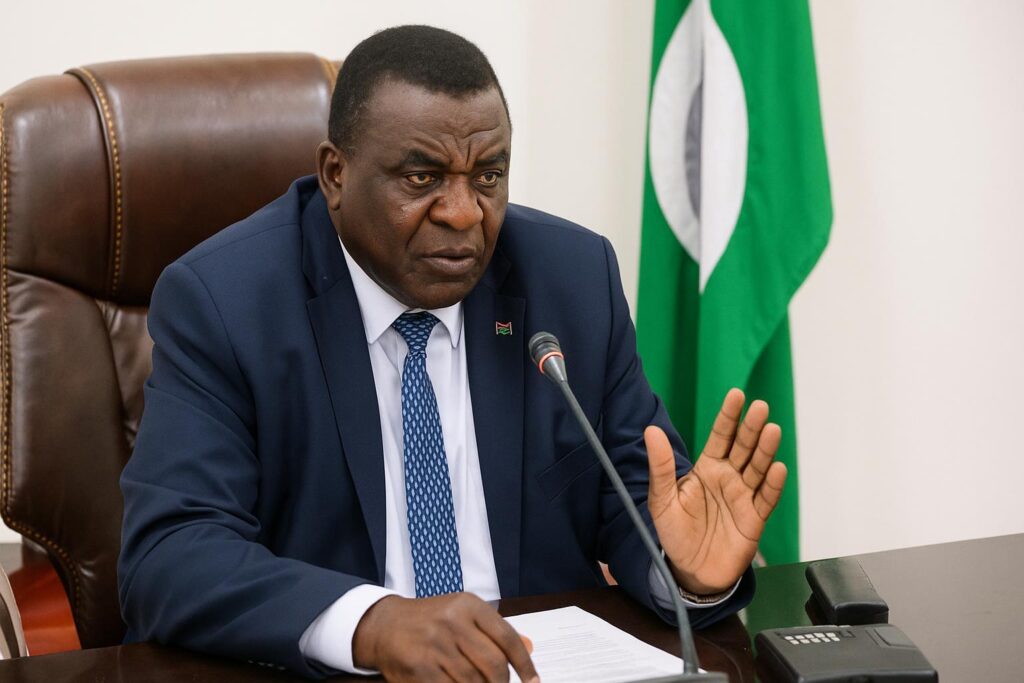Sudden City Hall Shake-Up
Juba woke up to an unexpected political tremor after Central Equatoria Governor Lt. Gen. Rabi Mujung Emmanuel dismissed Mayor Johnson Swaka Ngisak and two deputies through decrees signed on 17 October 2025.
State television read four documents restructuring the Juba City Council, the first such overhaul since Mujung took office earlier this year.
Profiles of the New Team
Christopher Sarafino Wani Swaka, a seasoned civil engineer, now holds the mayoral seat, entrusted with steering South Sudan’s fast-growing capital through logistical bottlenecks and post-conflict reconstruction.
Jenifer Yabu Lasuba takes charge of administration and finance, while Lual Joseph Deng oversees social services and Stephen Lomude Martin supervises environment and waste, a portfolio critical in flood-prone neighborhoods.
Strategic Motives Behind the Decrees
The governor’s office did not specify reasons, but analysts suggest the reshuffle aims to accelerate revenue collection, curb unplanned construction, and align municipal policy with the state’s broader peace-building agenda.
Political scientist Dr. Mary Ladu notes that removing and redeploying Ngisak as senior technical advisor ‘keeps experienced hands in the system while signaling higher performance expectations’.
Urban Challenges on the Horizon
Juba wrestles with traffic gridlock, inadequate drainage, and informal settlements that mushroom faster than service delivery can match.
Stakeholders hope the new leadership will unlock delayed infrastructure funds from the national budget and strengthen partnerships with donors rebuilding roads and markets.
Regional Significance for Central Equatoria
Juba’s performance influences economic flows across Central Equatoria, including cross-border trade routes to Uganda and the Democratic Republic of Congo.
Governor Mujung’s swift intervention is therefore watched closely by business chambers seeking stability and predictable municipal licensing.
What Comes Next
The decrees took effect immediately, but the city council must still be sworn in and present a 100-day action plan to the state parliament.
Observers anticipate early signals in garbage collection cycles and tax receipts to gauge whether the reshuffle delivers tangible results for residents.


